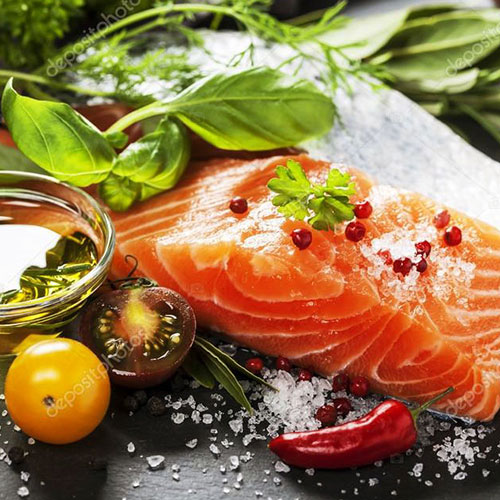Kidney stones are solid deposits that can develop in the urinary tract when certain substances in the urine build up and form crystals. These crystals can grow larger over time and become stones. They vary in size, shape, and composition. Some stones may pass without notice, while others can cause discomfort. Understanding the basics of kidney stones can help you take proactive steps toward prevention.
Why Does Diet Matter for Kidney Stone Prevention?
What you eat and drink can affect the concentration of substances in your urine. A balanced diet can support urinary health and reduce the likelihood of stone formation. Limiting foods high in certain compounds may help create conditions less favorable for kidney stone development. Dietary awareness can be an effective part of a broader prevention strategy.
Some foods contain higher amounts of compounds that can contribute to kidney stone formation in certain individuals. For example, reducing intake of foods with high levels of oxalate, such as spinach, beets, and certain nuts, may be recommended for some people. Foods and drinks high in added sugars or excessive salt can also affect the balance of minerals in the body. Moderation is often more realistic than complete elimination, and making small adjustments can still make a difference.
Staying well-hydrated helps dilute the substances in urine that can form stones. Water is a simple and effective choice for this purpose. Consistent hydration throughout the day supports healthy urine flow. While the exact amount of fluid needed can vary, many people benefit from keeping a water bottle nearby as a reminder. Even mild dehydration can make the urine more concentrated, so spacing water intake throughout the day can be more effective than consuming it all at once.
What Are Some Beneficial Foods to Include?
A diet rich in fruits and vegetables can help maintain a balanced urinary environment. Citrus fruits like lemons and oranges provide compounds that can help keep minerals dissolved in urine. Foods high in calcium, such as dairy products or calcium-fortified plant alternatives, can bind to oxalate in the digestive system, preventing it from reaching the kidneys. Whole grains, legumes, and a variety of colorful produce can contribute to overall health while also supporting urinary tract wellness.
Planning meals ahead makes it easier to maintain a diet that supports kidney health. Preparing snacks and meals that include hydrating foods, such as cucumbers and watermelon, can add to your daily water intake. Cooking at home allows you to control salt levels and experiment with low-oxalate recipes. Small changes like swapping chips for fresh fruit or seasoning with herbs instead of salt can make daily eating habits more kidney-friendly without feeling restrictive.
Make Changes for Kidney Stones
Along with diet, certain lifestyle choices may influence the risk of kidney stones. Maintaining regular physical activity, managing stress, and keeping a consistent sleep schedule can all support overall well-being, which in turn benefits urinary health. Regular check-ins with a healthcare provider can help track any changes in kidney function and provide guidance for long-term prevention strategies.
Preventing kidney stones through dietary choices is about finding a sustainable approach that fits your lifestyle. Staying hydrated, balancing your intake of certain foods, and incorporating nutrient-rich options can help support urinary tract health. Over time, these habits can become part of your routine, reducing the likelihood of stone formation and promoting overall well-being.









Leave a Reply